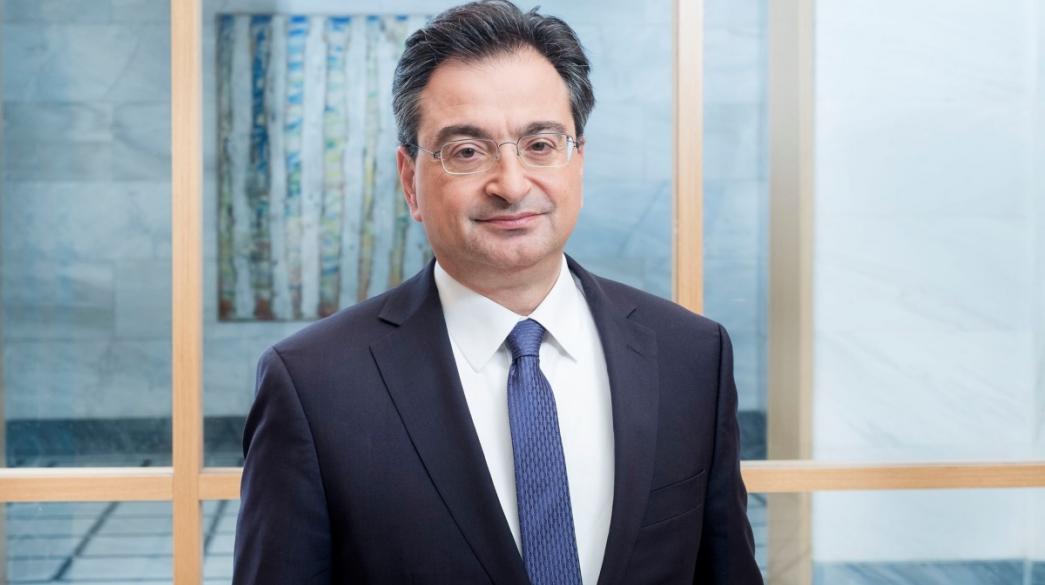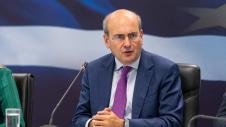Eurobank's deal with the doValue group involving the transfer of the FPS unit and the securitization of Cairo is a matter of days away, said its chief executive Fokion Karavias, while he appeared positive on a Bank of Greece (BoG) plan to create a bad bank.
Speaking at a press conference held to present the bank's program to support tourism businesses, the head of Eurobank noted that one of the effects of the crisis will be the increase in non-performing loans (NPLs).
"It is difficult for there to be an estimate before the end of the year, after the end of the protection measures that have been introduced. However, I am optimistic that this time the problem will be much smaller and manageable. The banking system has better know-how in terms of managing bad debt. "
doValue deal
Asked about the possibility of changes or adjustments being made to the plan to reduce NPLs, Karavias noted that the group's plan is being implemented exactly as announced 18 months ago. "We then made the choice to go ahead with front-loaded reductions, so that all the bank's resources could be devoted to financing the real economy, which is more relevant today than ever before."
"Since February, we have applied for the first of the two Cairo titles to be backed by the Hercules guarantees, and last week we announced that the application was made for the third title. We expect the guarantee for the first two titles to be issued in the next few days. It is a matter of days before we complete all the transactions with the doValue group, as the company announced during the presentation of its results. Therefore, we are reducing non-performing exposures by two thirds, reducing the relevant index to 15 percent".
Bad bank
Regarding the Bank of Greece's plan to create a bad bank, Karavias denied press reports saying that Eurobank opposes the move, stressing that "these reports are completely untrue."
The head of Eurobank reiterated that Greece's bad loan is very big for the banking system and the broader economy, stressing that the more tools available to deal with it, the better.
"The Hercules program is a step in the right direction and was implemented quickly. And the bank is using this program. When we know the terms of the bad bank plan the BoG is working on, we will study it very seriously to possibly use this tool as well. We have dropped (our bad loan ratio) to 15 percent but the European average is below 5 percent and this is our ultimate goal."
Commenting on the risk that the new crisis would result in banks needing fresh capital, Karavias stressed that the current crisis has three main differences from the 2008-2010 crisis:
- "The banking system globally is entering this crisis from a much better position, with stronger capital adequacy and liquidity indicators. This also applies to Greece. Especially for Eurobank, the crisis finds us, with the completion of the plan we have announced, with a low non-performing loan ratio," he said.
- Supervisors, and especially the SSM, have announced a generous set of measures to ease the capital needs of banks and are providing all the time needed for banks to make up for losses.
- States are intervening in the economy, providing not only loans but also significant grants to support businesses and households. The announcement from Germany and France to create the so-called 500 billion euro Recovery Fund with joint bond issues is in this direction.
- If despite all this, new capital needs are created, there are other tools at hand, such as bond issues, to cover them. We believe that it will not be necessary, but we will have to wait to see the developments in the economy for the whole of 2020, before we draw safe conclusions, underlined Karavias.
Yiannis Papadogiannis








